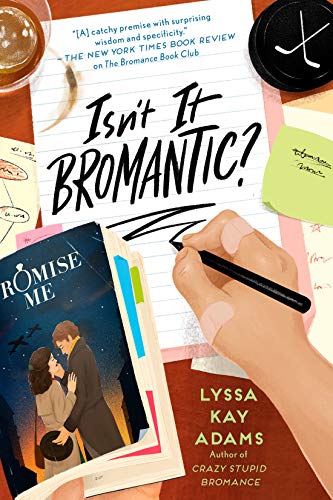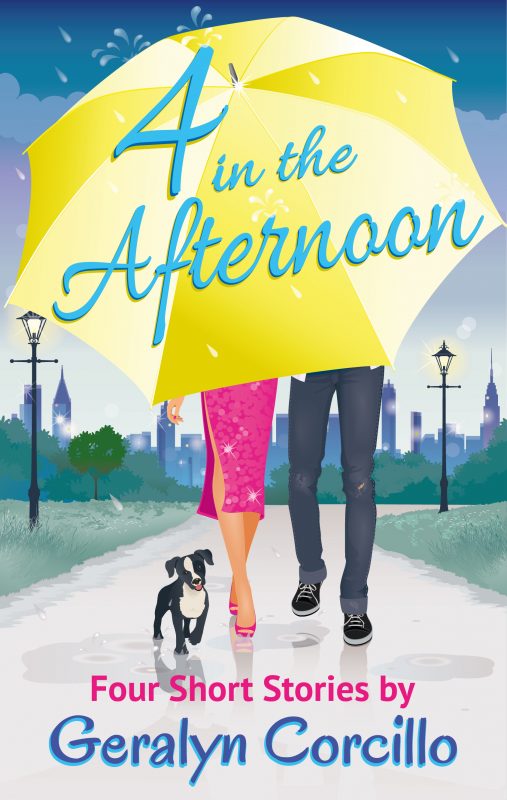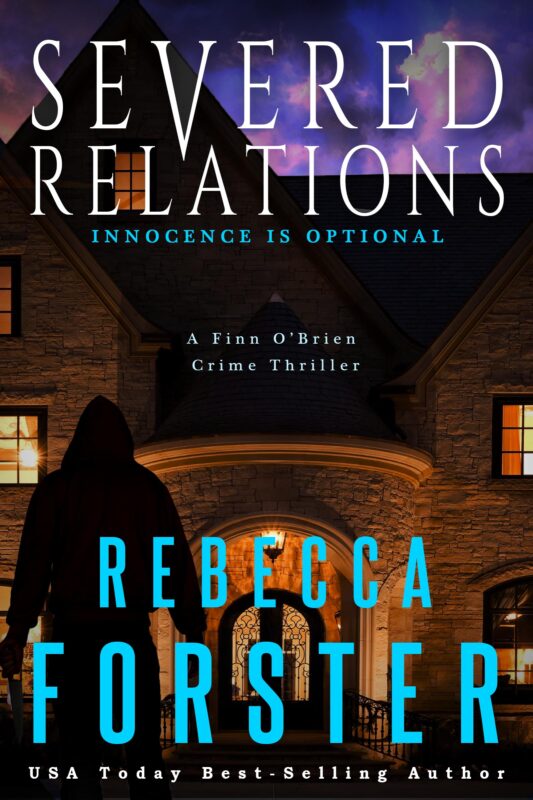Dear Extra Squeeze Team: What Do You Do With Horrible Reviews
July 31, 2019 by The Extra Squeeze in category The Extra Squeeze by The Extra Squeeze Team tagged as horrible reviews, one star reviews, Publishing Questions, reviews, The Extra Squeeze Team
Dear Extra Squeeze Team: What do you do with horrible one-star reviews that were written by someone who clearly didn’t read your book?

Rebecca Forster
USA Today Bestselling author of 35 books, including the Witness series and the new Finn O’Brien series.
Readers are smart and they recognize that review for what it is. I once got a low star review by a woman who wrote, “I haven’t read the book yet.” She was honest, I was not happy, Amazon said it met their standards so that was that. I didn’t spend anymore time thinking about it because there was nothing I could do. Luckily, the next review was a five star. Have a glass of wine. This too shall pass.
Cover designer and author of the fantasy series, The Fireblade Array
There’s not a great deal you can do with these reviews. Some can be flagged and you can ask the retailer to get rid of them, but there must be CLEAR evidence that the reviewer has not read the book and is not reviewing the item for sale. Sometimes retailers will leave the review in place if the company printing or dispatching the book is at fault, even if the book itself is perfectly good. If it’s a single one-star review amongst a sea of kinder reviews, then I would shrug my shoulders and move on. Most readers will have the brains to look through the reviews and decide which ones are reliable. We have to trust them to do that!
If it’s your first and only review, and you know it’s not to do with the content, presentation or delivery of the book, and the review isn’t going anywhere, then I might consider republishing the book. ONLY in those circumstances, however.

Jenny Jensen
Developmental editor who has worked for twenty plus years with new and established authors of both fiction and non-fiction, traditional and indie.
Negative book reviews cut deep. All writers experience it at some time. Writers have to live with it like dancers have to live with blisters. Amazon has help sites where an author can manage reviews. I don’t know of any proactive response an author can make if a poor review shows up on book review sites or newsletters or blogs or anywhere else a rotten review can appear. I get how painful that can be, but one bad review does not sink your career.
The best approach is to learn something from bad reviews. It stings, but consider how the negative reviews measures up to the positive reviews. Compare them for any mention of shared issues. It could be that some readers were captivated with the story even while the manuscript had issue – issues important enough to mention. It could be grammar, characters, plot or just a lack of a good edit. Listen to that and take steps to improve. Hear your readers. It’s their ear you want to woo.
I’m not sure how one can determine that a review was written by someone who hadn’t read the book. People don’t process the same information in the same way. Interpretation is everything. Maybe they just didn’t get it. Maybe they just don’t get anything. I’ve read reviews that left me wondering if the reviewer and I had even read the same book. You know what story you told and if one person didn’t see that then it’s worth a shrug at best, but not a meltdown. Carry on.
And there are those types that cannot pass up a chance to point out errors of any kind. I hope it’s a hobby but it feels like an obsession. You can find letters to the editor on every newspaper site where a reader takes issue with some slip like non-agreement of verb and noun, or a misplaced comma or apostrophe. That misstep is so important to that reader they feel justified in doubting any part of the article.
Those naysayers abound and humor is the best response. There are a number of books where authors have addressed the readers who’ve picked at their work and the best one are really funny. This one is black humor like much of Ruth Rendell: Piranha to Scurfy. Read it for a little happy therapy. Bad reviews are a fact of a writer’s life.
Robin Blakely
PR/Business Development coach for writers and artists; CEO, Creative Center of America; member, Forbes Coaches Council.
You have two choices. You can get over it or you can obsess over it. Both are pretty hard to do. If you go the get-over-it route, you need to sell yourself on the idea that the reader was stupid and mean-spirited, blamed you for something out of your control like a late delivery, or simply didn’t even read the work at all. Any of those could be true, but probably it is even a simpler issue. Your book wasn’t exactly what the reader wanted in the moment. Sometimes, I want to watch Columbo but I end up tuning in to Silence of the Lambs. I would like to blame Amazon Prime for the mistake, but when I do, most people can figure out where the fault really lies. Expect a similar response from others who see your horrible one-star review. If you decide to follow the obsess-over-it route, you can dive deep into the nefarious waters of tracking down the reader and starting a fight about it. Not a great way to go. Energy doesn’t deserve to be wasted on someone who clearly didn’t read your work and gave you a horrible one-star review. Be aware. Watch for legitimate constructive criticism. Let the rest go.


















































